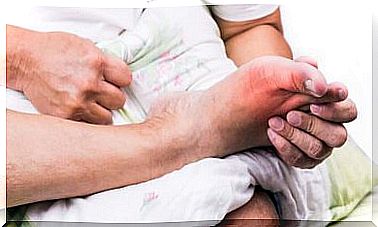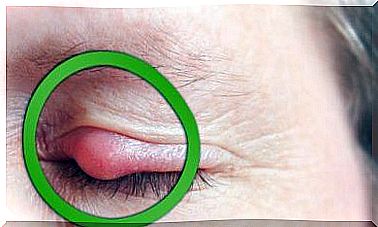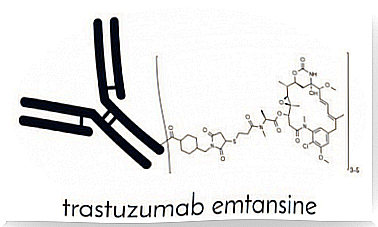Addiction While In Lockdown
Addiction while in lockdown is a problem that we talk about a bit. However, this situation puts drug addicts and people with addictive tendencies at risk.

Containment and isolation imposed by governments around the world to contain the spread of the coronavirus pandemic have created new problematic situations. Among them, the situation of addictions during confinement.
This is in the broad area of mental health, where domestic violence can also be mentioned. But also anxiety disorders, depression and stress. The same health organizations that recommend containment have mechanisms in place to address these issues.
In psychology and psychiatry, we know that borderline situations and stressful episodes can increase the consumption of psychoactive substances. They can also trigger other addictive behaviors, such as excessive gambling. Quarantine addictions fall into this category.
Defense mechanisms are difficult to implement in cases of social isolation. We cannot recommend that patients hang out with their loved ones. To turn to trusted friends or to practice outdoor sports. Not being able to go out increases the risk of addiction.
The appearance of addictions during confinement
A dependency process can be triggered during confinement. Some people can be brought into addictive behavior by the stress of being locked up.
Alcohol consumption has increased dramatically during the pandemic. Countries like the United States have reported that sales of alcoholic beverages have increased by more than 50% during this time. Some countries have had to enforce dry laws banning the sale of alcohol. A measure already used in similar situations in the past.
There are also fears that gambling is skyrocketing, particularly with the availability of online gambling sites. The longer people stay locked up and online, the more traffic to these websites increases.
Gambling addiction is also affecting household economies, and these times of the COVID-19 pandemic are already giving rise to economic problems that can be exacerbated by these behaviors.
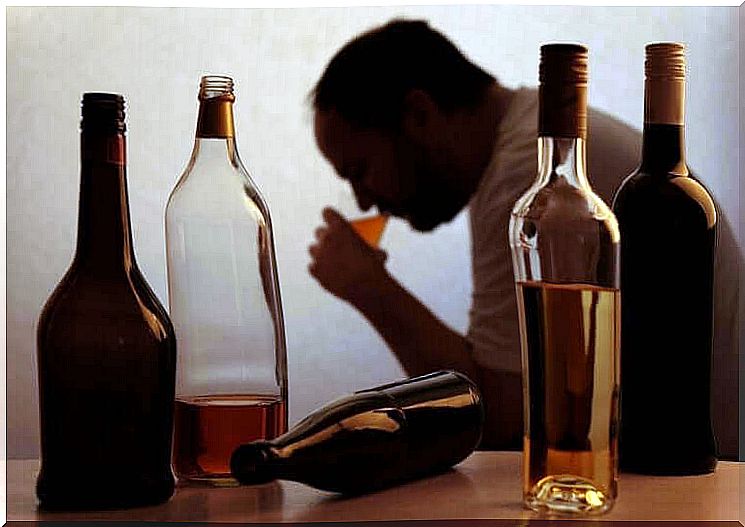
Abstinence syndrome during confinement
Addictions during quarantine also involve the onset of withdrawal syndrome in those who have suffered from an addiction. Containment limits their supply and, in the event of recovery, their treatment.
For patients who were in the process of detoxification, the social network is fundamental. Mechanisms must be put in place to allow virtual contact with family and friends who are committed to their rehabilitation in advance.
Mental health professionals, in general, have provided phone numbers and virtual consultations to help recovering addicts. Faced with withdrawal symptoms, immediate teleconsultation should be made to stop the process which can lead to a return to dependence.
Young drug addicts are a vulnerable group with their own characteristics. Many live alone and are isolated, with little money available. The risk of abstinence in this context can lead them to criminal behavior in two ways: the crime itself and the violation of mandatory confinement.
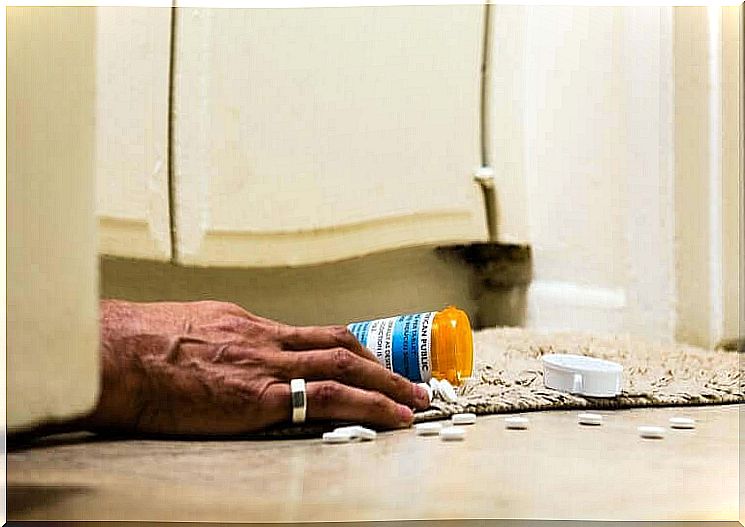
General recommendations for treating addictions during confinement
Each particular case of addiction requires a specific approach. It is very difficult to define general lines of action for problems as diverse as smoking and gambling, for example.
However, experience in mental health has taught us that there are protective environments that we can fabricate and stimulate to help addicts, whether they are in rehab or not. Some of these measures are:
- Maintain a Support Network : Family, friends and neighbors function as a support network for addicts. They are the bond with the other human being which is based on empathy
- Finding a way to speak : Technology is a useful ally for containment. Follow-ups can be done with remote psychological consultations, as well as videoconferences with the support network for difficult times. The addict must find the space to talk and express his fears
- Guarantee precise information : the drug addict must receive reliable information on the pandemic and all that concerns his dependence. Overexposure to information is counterproductive and can lead to additional stress
Addictions during confinement are a social problem
The prevention and treatment of addictions while in confinement is a responsibility of governments. But also of society as a whole. It is not just about an addict struggling with his problem in confinement, but a larger network that is committed to supporting and helping each other in difficult times.
If we know someone who is suffering from an addiction or withdrawal symptoms, we need to empower them to receive the right help. Family and friends, as well as professionals, can help create protective environments to help addicts.



